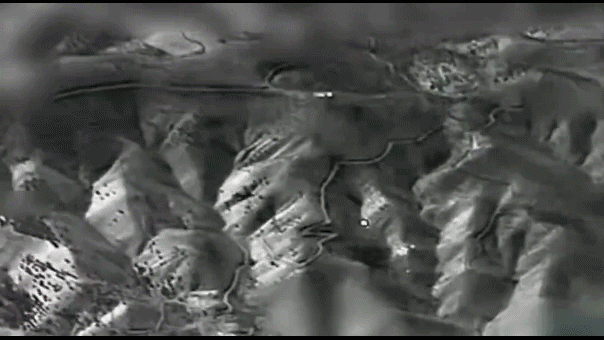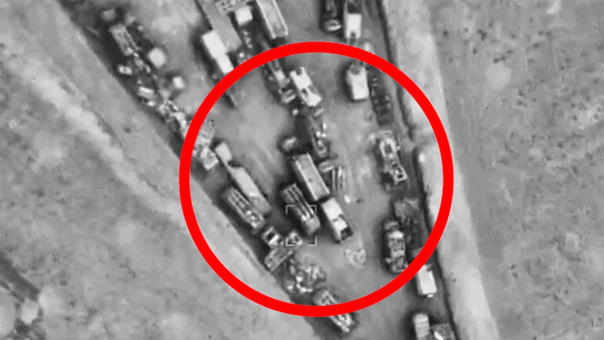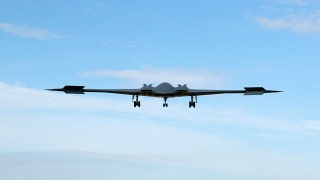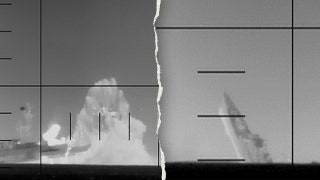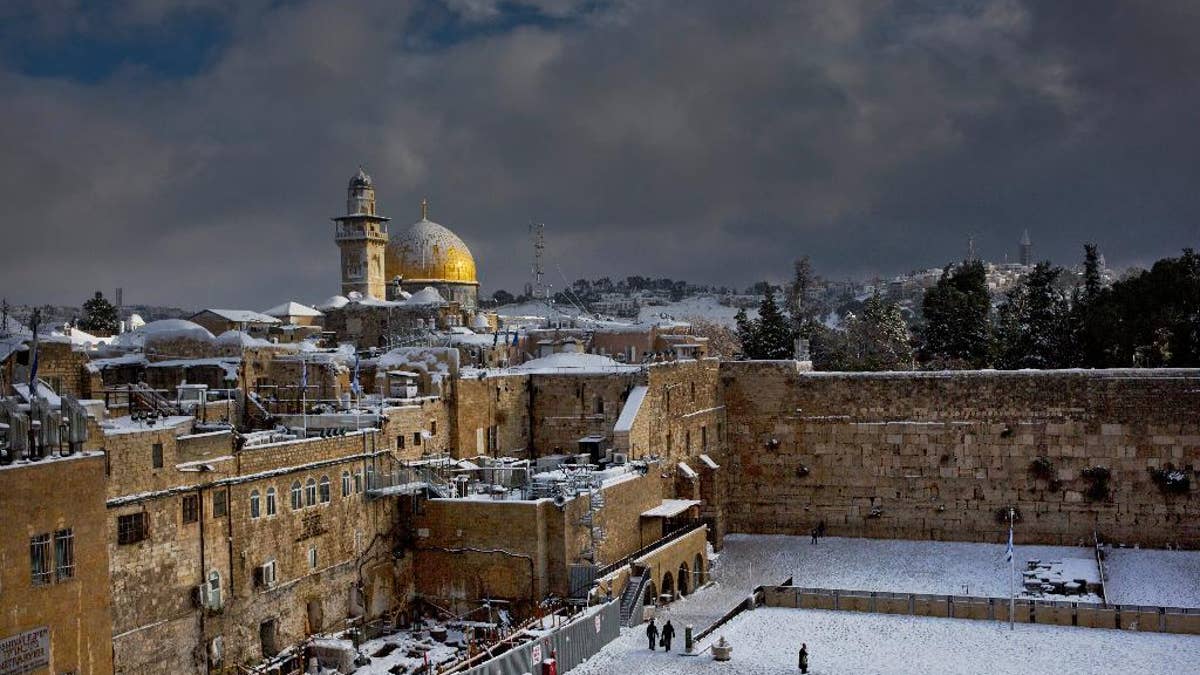
File - In this Dec. 13, 2013 file photo, the Western Wall, right, and the gilded Dome of the Rock, among the holiest sites for Jews and Muslims, are covered in snow. The trapezoid-shaped compound, known to Muslims as the Noble Sanctuary and to Jews as the Temple Mount, is at the heart of the territorial and religious conflict between Israel and its Arab neighbors. It has been the site of recent unrest. (AP Photo/Dusan Vranic, File) (The Associated Press)
JERUSALEM – A hilltop plateau of 37 acres on the eastern edge of Jerusalem's Old City is one of the world's most volatile pieces of real estate, a place so sensitive that police follow every move of visiting religious Jews, including whether their mouths are uttering prayers.
The trapezoid-shaped compound, known to Muslims as the Noble Sanctuary and to Jews as the Temple Mount, is at the heart of the territorial and religious conflict between Israel and its Arab neighbors. It has been the site of recent unrest.
Revered as Islam's third-holiest spot, the site's iconic gold-topped Dome of the Rock enshrines the rock where Muslims believe the Prophet Mohammad ascended to heaven and the silver-domed Al-Aqsa Mosque where he prayed.
Jews believe the rock may be where the holiest part of the two ancient temples stood in biblical times — and where religious Jews pray that a third temple will one day be built.
The site is so holy that Jews have traditionally refrained from praying on the hilltop, congregating instead at the adjacent Western Wall. Israel's chief rabbis, as well as the rabbi of the Western Wall, have issued directives urging people not to ascend the Temple Mount, arguing that the temple's former location on the mount is unclear and that Jews could inadvertently enter the holiest area of the once-standing temple, where it was forbidden to tread.
Jordan administers Muslim religious affairs at the site. Under a 20-year-old peace agreement, the Israeli government has enforced a ban on prayer by all non-Muslim visitors.
But in recent years, attitudes among Orthodox Jews have been evolving, as archaeologists have weighed in about the precise location of the ancient temples. There are now a growing number of Jews, including ultranationalist lawmakers, who regularly visit the site.
Those with skullcaps and other visible signs of Judaism are escorted by police, whose chaperone duties include ensuring visitors are not moving their lips in prayer at the site for fear of unnerving Muslim worshippers.
Key Israeli lawmakers, including those in the government, have been urging an end to the ban and calling for more religious freedom and an expanded Jewish presence on the hilltop. In the meantime, they have resorted to creative alternatives like pretending to talk on their phones but reading scripture instead. Others secretly bow in prayer while bending down to pick up dropped keys or to take a photo low to the ground while some just recite memorized prayers in their minds while keeping tight-lipped.
It all adds up to brewing anger among Palestinians and Muslim authorities, who mostly deny Jewish links to the holy site and fear that Israel is quietly trying to encroach upon it. Israel insists it will not change the arrangement, but suspicion runs so deep that even maintenance work, such as repairing an earthquake-damaged bridge to the plateau, and archaeological digs outside the compound, has sparked Arab riots. Stones often have been hurled at Jewish worshippers at the Western Wall below.
Activity at the compound is closely followed in the Palestinian media. The official Wafa news agency reported Wednesday that "Jewish settlers renewed their invasion of the Al-Aqsa Mosque today ... under heavy protection by the special units of the occupation police."
"Our correspondent reported that settlers invaded the mosque in small groups and toured the place with leaders explaining to them mythical accounts about the alleged Temple Mount," it added. The story was accompanied by a photo of a group of Jewish visitors inside the courtyard of the mosque.
Tensions are running high: A Palestinian gunman on a motorcycle shot and seriously wounded a prominent advocate for greater Jewish access last month, and rioting at the site has increased. Last week, police clashed with masked Palestinians who hurled stones and firecrackers before barricading themselves in the mosque. Israeli police shut the doors of the mosque to stop further rioting.
In the process, the door was damaged, a carpet inside was singed and authorities accused Israeli forces of entering the mosque for the first time since the site was captured along with the rest of east Jerusalem in 1967. Israel denied the accusation, but it still touched off anger in the Arab world and prompted Jordan to recall its ambassador.
It's not the first time an isolated incident caused such problems. In 2000, when future Prime Minister Ariel Sharon ascended the mount in a demonstration of Israeli sovereignty over the site, it helped spark the deadly second Intifada, or Palestinian uprising.


